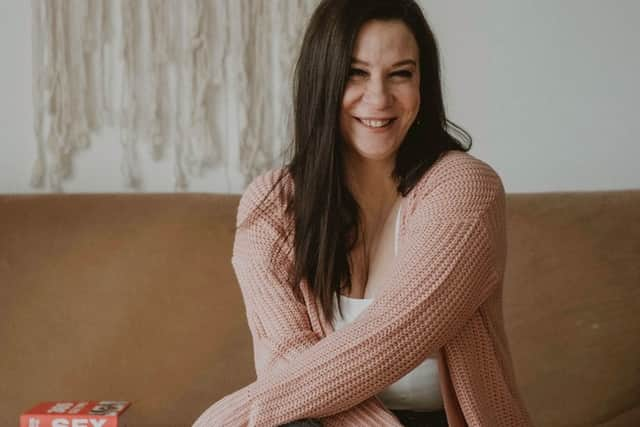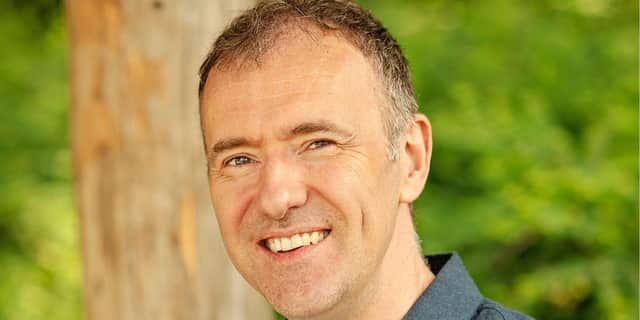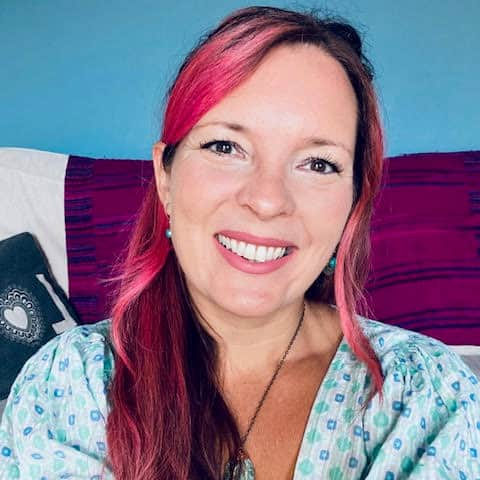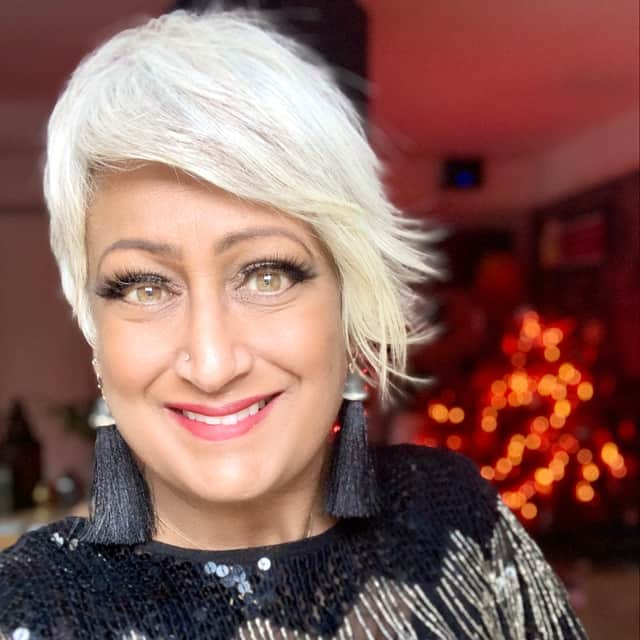Parasocial relationships: meaning of term, plus expert views on if connections with superfans are harmful
and live on Freeview channel 276
In the age of social media, it is possible for celebrities to connect with their fans using various platforms including Facebook, Instagram, TikTok, Twitter and Youtube. It’s also possible for any person to gain a following on any one of these sites and become a celebrity, or influencer, in their own right.
That can be a good thing as it allows people to learn more about the famous faces they admire and in turn it can help public figures to have some control over what is known about them. It also provides a chance for anyone to air their views or show off their talents. This accessibility can also lead to something called a parasocial relationship, where a person forms a connection with someone else on the basis of what they have learned about them due to them being in the public eye in some way - but that person does not know them at all.
Advertisement
Hide AdAdvertisement
Hide AdEveryone can have a parasocial relationship to some extent. Most people, for example, will have a favourite celebrity which they know various facts about due to their public profile. This is innocent, and perhaps even expected in today’s society where celeb culture are the norm, but there are times when a parasocial relationship can cause concern.
NationalWorld has sought the advice of various experts to find out when the line between harmless and harmful can be crossed, and what you can do to prevent this from happening. Plus, we have also spoken to one public figure to find out what it’s like to be on the receiving end of a parasocial relationship. Read on to find out all you need to know.
What are parasocial relationships?
Parasocial relationships occur when a person forms a one-sided emotional connection with someone else, usually a person who is in the public eye or a fictional character. A person may have feelings of affection, admiration, and intimacy towards that figure, but the star is unaware of their existence and they’ve shared little or no interaction with them.


People can develop parasocial relationships with a wide range of media figures, including celebrities, television characters, sports personalities, social media influencers and bloggers. Internationally certified matchmaker and relationship coach Alex Mellor-Brook said these relationships begin due to a number of factors such as perceived similarity, attractiveness, and authenticity.
Advertisement
Hide AdAdvertisement
Hide AdSerena Novelli, certified intimacy, love and relationship expert, said a person who has a parasocial relationship with a celebrity is often seen as a superfan of that person. She said: “You will know everything about them, and even celebrate their successes and feel the sadness when they show vulnerability. You may even know where their favourite hangout spots are or where they love to go on holiday.”


Are parasocial relationships harmful or not?
Mellor-Brook said parasocial relationships have the possibility of being both helpful and harmful. He said: “While these relationships can provide people with social support, especially for those who may feel isolated or lonely, they can lead to unrealistic expectations and disappointment. Some individuals, especially those who have difficulty forming meaningful connections in real life, may become overly invested in these relationships.”


Relationship coach Dawn Lucht said sometimes people form parasocial relationships because they have been let down by real life connections and so they believe creating bonds from a distance is safer for them. But, relationship psychotherapist Dipti Tait said this can create dependency and distress. “It can lead to idolisation and also the belief that these people are flawless, which can result in disappointment when the figure's imperfections come to light.”


Tait added that when people rely heavily on the media figure for validation and companionship this can make it even harder for them to form and maintain healthy relationships in real life. In turn, this could make them less willing to confront any issues they may be having with real life connections.


Advertisement
Hide AdAdvertisement
Hide AdCognitive behavioural therapist Clare Flaxen said these relationships can also become problematic if a fan’s awareness that the relationship is one sided slips and they start to feel there is a genuine reciprocal connection. She said: “In a more benign form this could be an ultra-fan who spends a lot of time and resources on keeping up to date with their preferred celebrity. At the other end of the scale, however, could be someone who starts to engage in stalking behaviours.”


Instagram expert Estelle Keeber said she believes a parasocial relationship can be harmful for the fan too. She said that it could become a problem if a person's own views are being influenced or changed because they are trying to align themselves with a star. “As we all know, with power comes responsibility,” she said. Tait added: “People can be exploited by media figures for commercial gains too, as followers may be more likely to purchase products or support figure’s endeavours due to their perceived emotional connection. This can result in individuals making decisions based on an illusory relationship, leading to potential financial harm.”


There may also be an issue if the person on the receiving end of the parasocial relationship withdraws from the public eye and the perceived connection is lost. Tait said: “The sudden absence or loss of the media figure can result in distress, grief, and a sense of emptiness. This can impact mental health, leading to feelings of loneliness, depression, and anxiety.”
What is it like to be on the receiving end of a parasocial relationship?
Holly Matthews, life coach, hypnotherapist and founder of best-selling book and podcast The Happy Me Project, said she has been on the receiving end of parasocial relationships - and while most have been innocent there have been some that have been worrying. She said: “A few years ago, a man believed that I was talking to him in my videos, through my eyes. He believed that I was asking him to sell his body parts, and was convinced I was trying to give him messages. I have also experienced unwanted gifts and obsessive messages. Thankfully nothing dangerous ever occurred, however, there were many uncomfortable situations.”


Advertisement
Hide AdAdvertisement
Hide AdMayah Riaz, a celebrity manager who is dubbed as PR-to-the-Stars, said one of her clients, who she did not name, discovered that a fan of theirs had even told people they were married to them. Riaz said: “ I found it to be clearly disturbing and delusional. In this case, I believe the fan needed some mental health support which I don't know if they were receiving. This is the most extreme example”. Riaz also revealed that fans of her clients have also contacted her when they have not had a response from the star themselves. “They act almost as if they are entitled to receive a response," she said.
Riaz has also found herself on the receiving end of some trickier interactions with the public as she is also now well-known due to the high-profile people she represents. She said: “I am in no way a celebrity like my clients are, but I have been recognised in-person and asked for selfies. Now, I'm not claiming these people are in a parasocial relationship with me, but sometimes they ask about areas of my life which I consciously do not share and I find this intrusive. So, I understand, when magnified, what this would be like for my clients.”


Useful tips we can all follow to maintain healthy connections with others:
Everyone may find themselves on the receiving end of a parasocial relationship, particularly those who have a prominent online presence.
Matthews, who has tens of thousands of followers across her various social media platforms, issued the following advice for people who have an online presence.
Do not post your location and only post about an event after it has occurred. This stops anybody from knowing exactly where you are and allows you to feel more in control.
Be clear about your personal boundaries when talking online. There might be a tendency to want people to feel really close to you, but it is also important that they understand where the line is.
Know what your personal boundaries are. Decide what you are comfortable with and what you aren’t comfortable with. Remember, you do not have to respond to every person and you can maintain a barrier between you and your audience. This doesn’t mean that there isn’t a connection with your audience, it just allows space between your real life and your public personality.
Mother-of-two Matthews also advised people who have formed a parasocial relationship with someone to remember that the recipient does not know them at all, and so if they do then meet them in real life they should avoid being too over-familiar as this may cause feelings of unease.
This doesn’t necessarily mean you can’t speak to them, but you should be clear in your communication. She said: “It can be quite disconcerting if I’m out and about and somebody says hello to me without letting me know that they know me off Instagram or From TV, especially if I’m with my children.”
Comment Guidelines
National World encourages reader discussion on our stories. User feedback, insights and back-and-forth exchanges add a rich layer of context to reporting. Please review our Community Guidelines before commenting.
